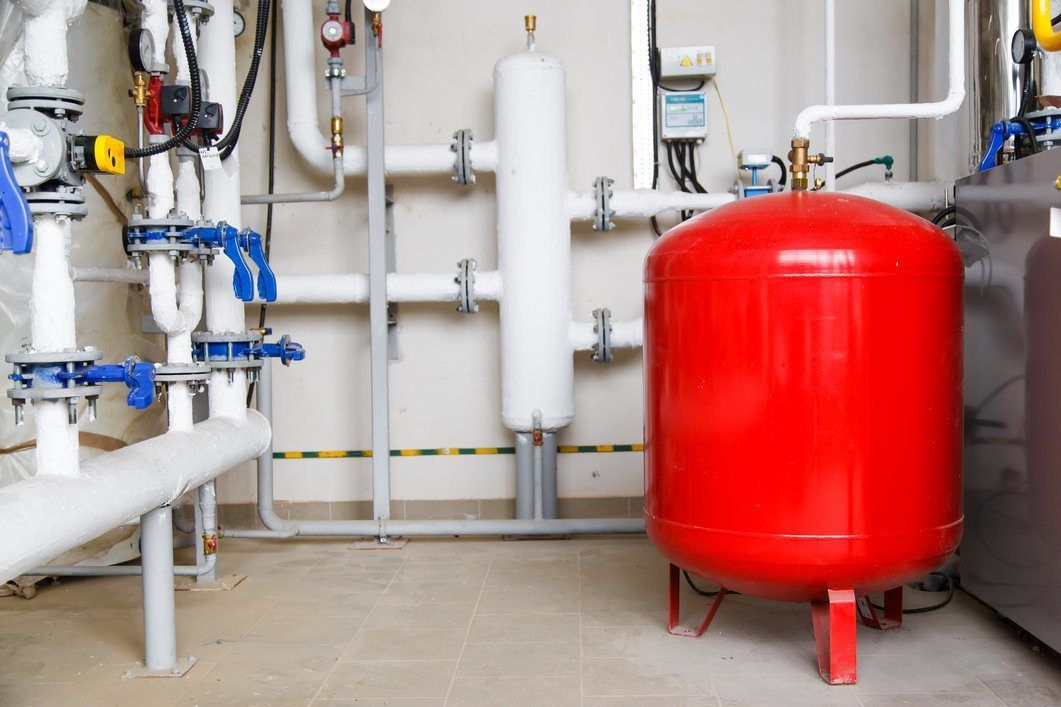
When it comes to boiler installation in Staten Island and Queens, one of the critical factors that can significantly impact its performance and efficiency is choosing the correct size and capacity. Determining the appropriate boiler size tailored to your specific property is crucial for ensuring optimal heating and hot water supply. In this blog post, you will explore the factors to consider when sizing and selecting a boiler, including property size, insulation, number of rooms, hot water demand, and heating requirements.
Boiler Installation in Staten Island and Queens
Property Size and Insulation
The size of your property plays a vital role in determining the boiler capacity needed to meet your heating needs adequately. Larger properties generally require boilers with higher outputs to ensure sufficient warmth throughout the space. Conversely, smaller properties may require boilers with lower outputs. Evaluating the square footage and layout of your property provides a solid starting point for determining the boiler size.
Additionally, consider the level of insulation in your property. Well-insulated homes retain heat more efficiently, requiring less energy for heating. Adequate insulation helps maintain a comfortable indoor temperature and reduces heat loss. By understanding the insulation quality, you can select a boiler that matches the specific heat loss of your property and avoid over or under-sizing.
Number of Rooms and Heating Zones
The number of rooms in your property also influences the boiler size. Multi-room properties often benefit from zoning, which allows for independent temperature control in different areas. Each heating zone requires a certain level of heat output, and selecting a boiler that can accommodate multiple zones ensures balanced heating throughout your property.
Hot Water Demand
Apart from space heating, it is essential to consider your hot water requirements when sizing a boiler. The number of occupants and their usage patterns determine the demand for hot water. Larger households with multiple bathrooms and high hot water consumption may require boilers with higher hot water flow rates to meet the demand effectively. Modern combi boilers are popular choices as they provide instant hot water without the need for a separate storage tank.
Heating Requirements
Different properties have varying heating requirements based on factors such as climate and lifestyle. If you live in a colder region, you may need a boiler with a higher output to provide sufficient warmth during the coldest months. Additionally, consider any specific heating needs, such as underfloor heating systems or radiators, as they can impact the boiler size and capacity required before boiler installation in Staten Island and Queens.
Consulting with a Professional
Determining the correct boiler size and capacity can be complex, considering the multitude of factors involved. It is highly recommended to consult with a qualified heating engineer or boiler installation professional. They can perform a comprehensive assessment of your property, taking into account all relevant factors, and provide expert guidance in selecting the right boiler for your needs.
Selecting the correct boiler size and capacity for your property is crucial for ensuring optimal performance, energy efficiency, and comfort. Factors such as property size, insulation, number of rooms, hot water demand, and heating requirements all play significant roles in the decision-making process.
